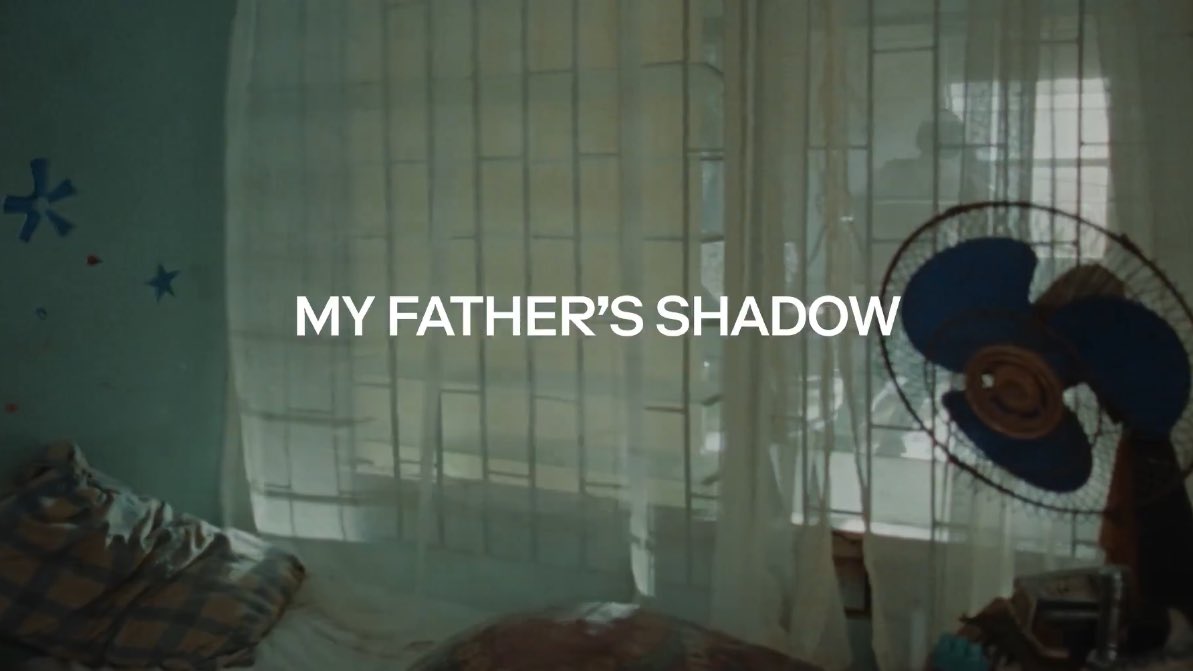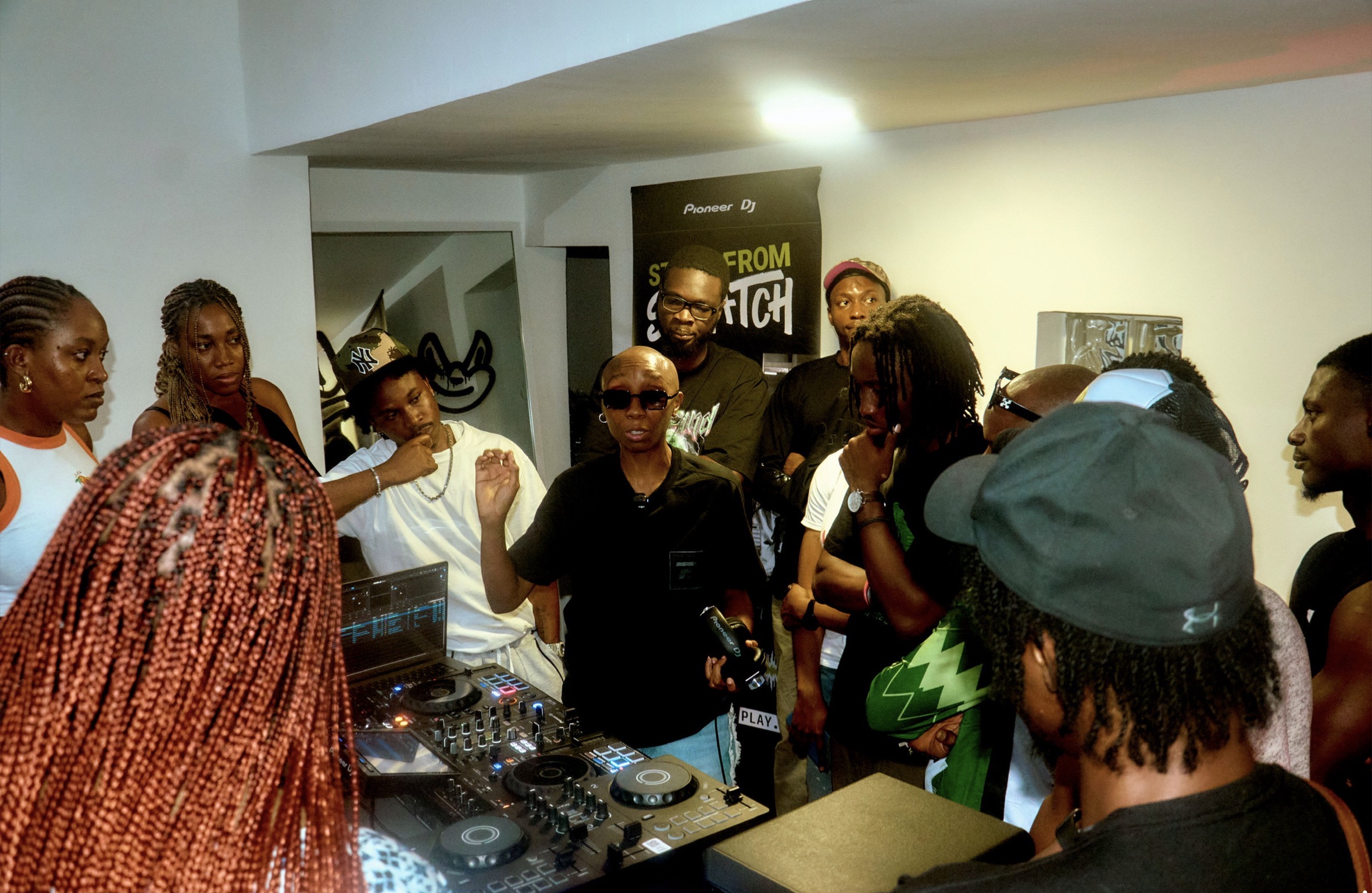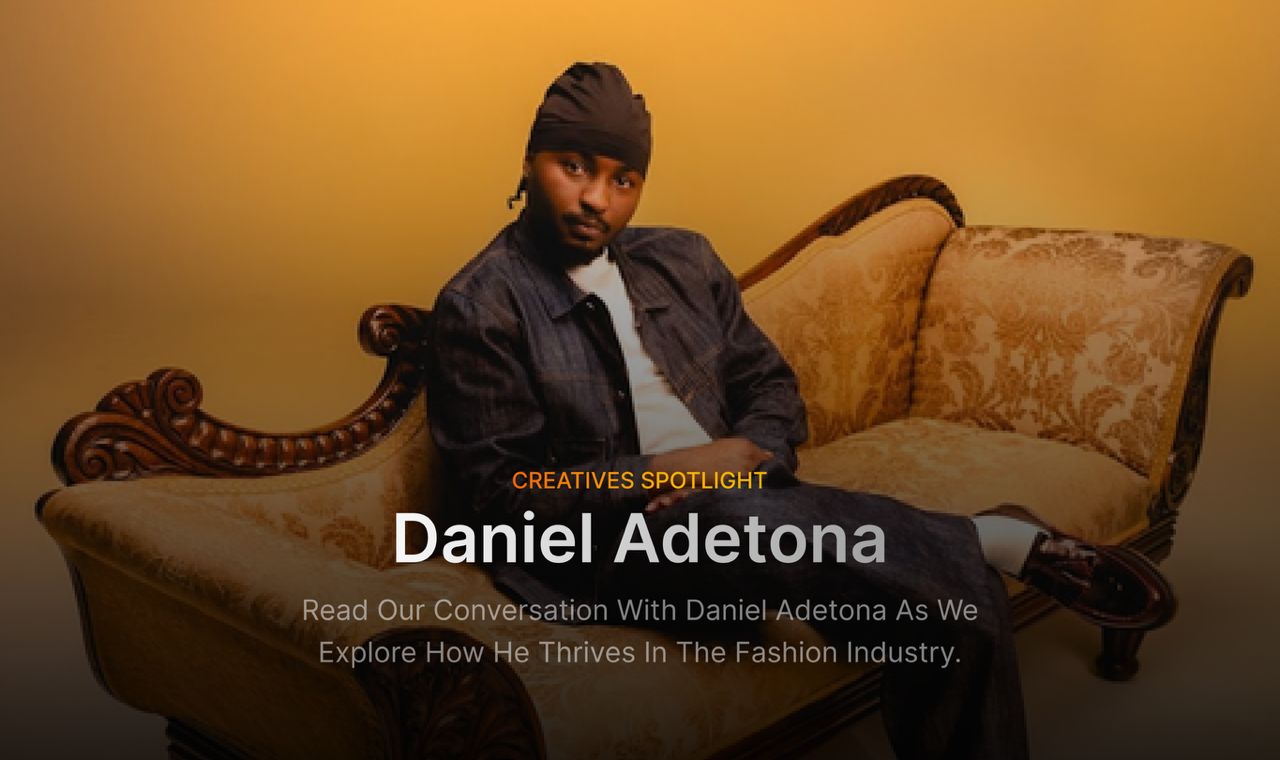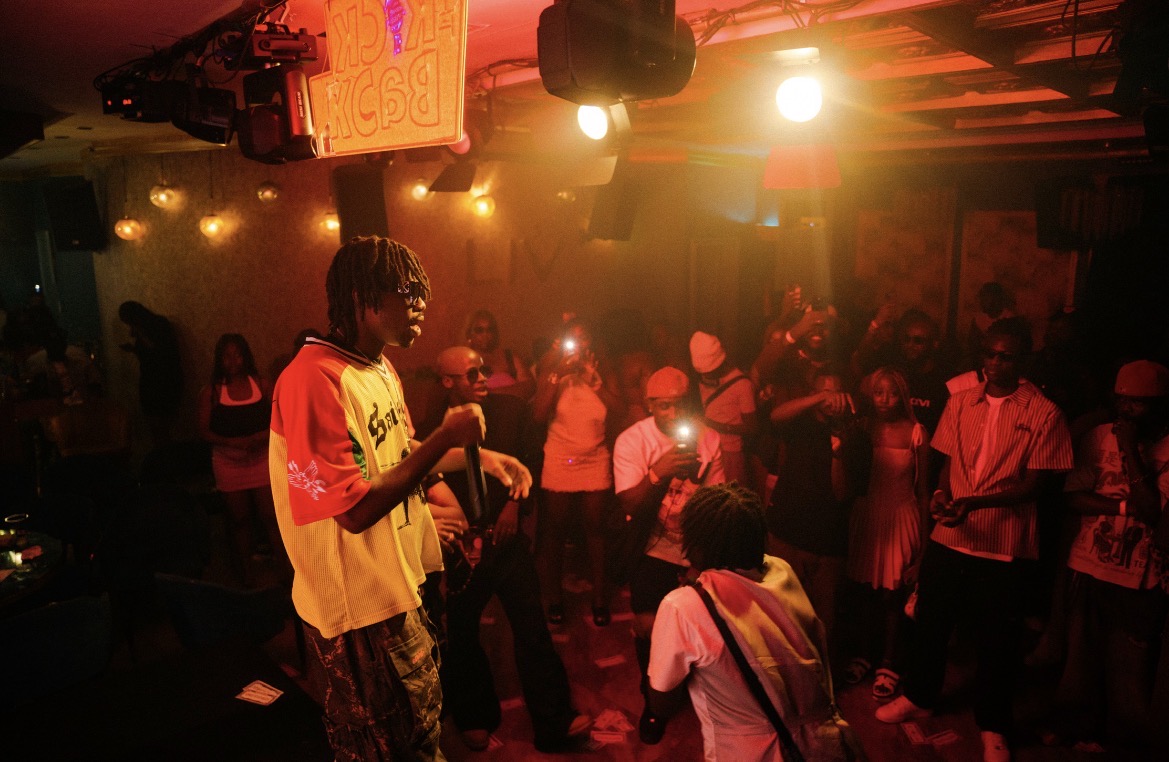By Akinwande Jordan
It’s a hard world for little things. Akinola Davies Jr.’s My Father’s Shadow is a gorgeously haunted memory palace. Set on June 12, 1993, its story is refracted through the limpid gaze of two boys in Lagos—political tumult mingling with familial silence. In Cannes’s Un Certain Regard section, it earned a special mention—the first Nigerian feature to land in that echelon—no small feat.
The larger consensus has regarded it as a very beautiful film. The film is that rare thing—intimate and worldly, sensory and fragile. It moves like a whisper through a fever dream, flickering between public violence and personal longing. Critic Peter Bradshaw called it “subtle and intelligent,” and The New Yorker sees in it an act of love as resistance. Yes, yes, yes.
But it is not a tremor through the mercurial fault lines of Nigerian cinema.
Cannes listened. But did Nigeria have its ears to the ground? My Father’s Shadow played for a world that speaks dialogue and art-house code. Cannes isn’t Abuja; Un Certain Regard isn’t Lagos cinemas. Nigeria’s real revolution comes not from abroad’s applause, but from homegrown reckoning—when ordinary Nigerians fill seats to watch themselves in serious, poetic stories. Until then, this film is a dispatch from afar, not a beating pulse in our living room.
Davies trained in the UK, honed at Sundance. He’s not part of what I’ll call the local swarm: driven producers and directors pushing genre, assembly-line narratives for home consumption. That swarm—unshaped, unruly, underfunded—never hears the festival-trained sentence. And vice versa. It’s a disconnect that creates islands: a few highly-trained auteurs versus a mass of hungry storytellers without mentorship, infrastructure, or access to a kitchen where art can simmer properly.
Ask any filmmaker: Nigerian audiences crave romance, comedy, melodrama—fast-moving, emotionally direct narratives. They don’t yearn for metaphor or memory-vision. They don’t queue or click for festival slow-burns. It’s not their fault—they have no cycle of exposure, no bridge from mainstream to art-house. Cannes acclaim often translates to domestic opacity.
Cannes gave Nigeria a pavilion. A gesture. But gestures don’t build distribution networks. They don’t seed grants, don’t establish training centers in Owerri or Kano. The scaffold remains weak. Nollywood remains laughably under-capitalized in long-form development. We have bulk production, yes—but no steady gestation for auteur cinema. Until we toughen that core, every film like Davies’s will remain a rare bird: exotic, admired, but never rooted.
So here’s what we celebrate: My Father’s Shadow is a shooting star—a voice of rare honesty in the middle of a noisy system. Let us honour its beauty. Let us say: “This is the kind of story that hurtles us forward.”
But let’s also insist: to transform Nigerian cinema, we need more than moments. We need networks. We need domestic institutions that incubate sensitivity alongside scale. We need audiences literate enough to move between rom-coms and lingering grief-works. Only then does a Cannes darling become more than a powerful flash—it becomes a foothold.
In short, My Father’s Shadow is not a harbinger. It’s a quietly burning lamp. And it’s up to us to build the cathedral around it. The void remains—but maybe this film is the echo of what we could fill it with.





